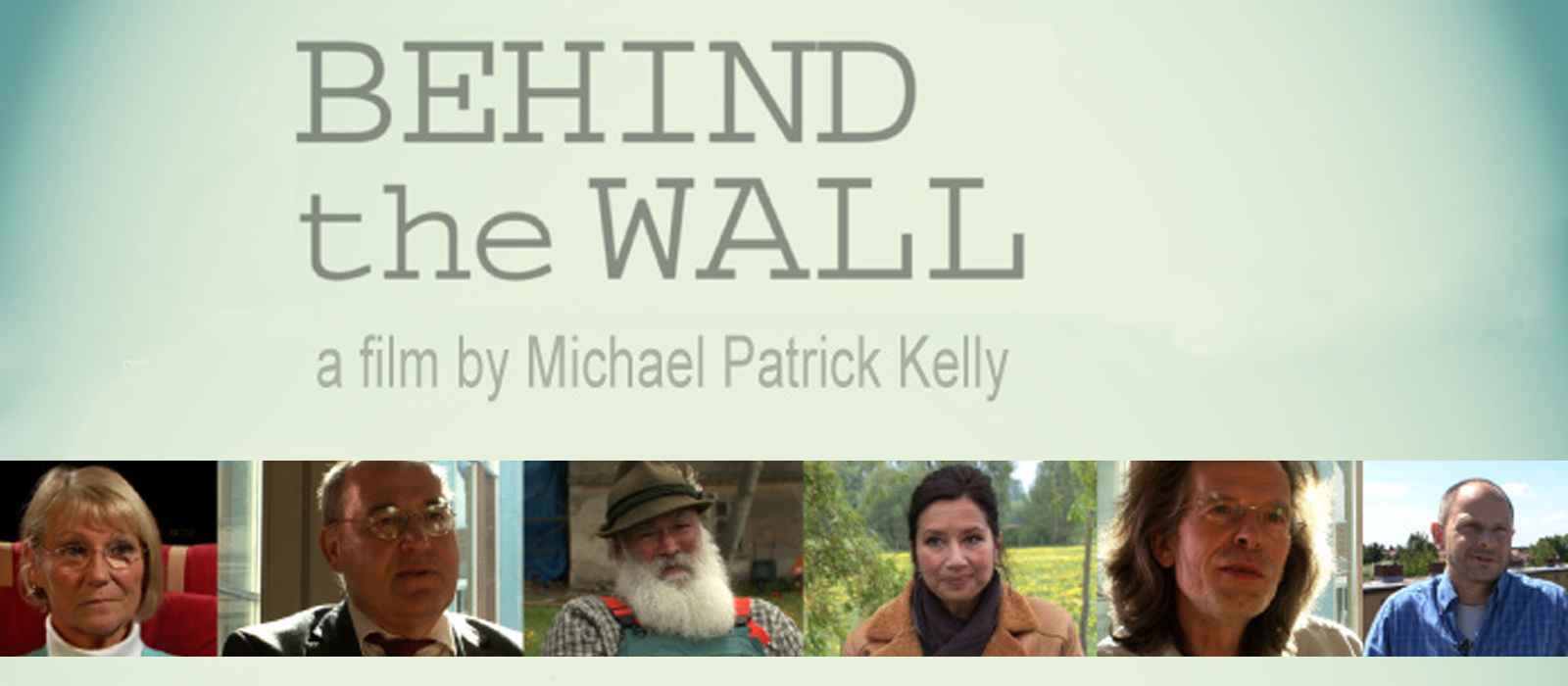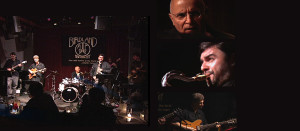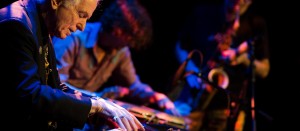
BEHIND THE WALL—A DOCUMENTARY FILM
“Behind The Wall” is a documentary film told from the perspective of people living on both sides of the Berlin Wall before, during and after its lifetime. With Behind the Wall, Aquapio continued in it’s pursuit to make films about ordinary people, social justice and the way people affect and are affected by politics and the social system.
“Behind the Wall,” documents life on both sides of The Berlin Wall through the eyes of ordinary citizens from East and West Germany giving an in-depth and much overlooked perspective of life before, during and after it —The Berlin Wall— fell. It begins with the celebration of the 20th anniversary of the “fall of the Wall” on November 9th, 2009, and then through the voices of the people, weaves a true history of what life was like primarily for East and West Berliners.
“All Politics Is Local,” as the saying goes, so the filmmakers thought who better to ask about life during the time of The Wall than the people who actually lived through the era between the Wall’s construction, its demise and the 20 years following and have them tell the real stories of life on both sides and what politics and this new political system has meant in their lives? A broad age range of people from their late thirties up to eighty-seven years of age were interviewed.
As the 20th anniversary of the Fall of the Wall approached in 2009, the filmmakers discovered several prevalent myths in their own country of the United States concerning The Wall, and life in the East during The Cold War. The first myth being that Ronald Reagan made a speech in which he said, “Mr. Gorbachev, tear down this Wall!” and the citizens of East Berlin ran into the streets and tore down the wall. Many Americans interviewed believed that Ronald Reagan was President when The Wall opened its borders. Many others interviewed didn’t realize that all of Berlin was located in East Germany. These are two of the misconceptions this film will serve to correct.
POST – WALL EXPERIENCES
The filmmakers discovered that there were multiple Post-Wall effects on the East German citizens that seemed to fall into age patterns, whereas Germans who were younger, (under 40), fared better in the new system than people who were in the higher age bracket and had grown more accustomed to the DDR’s system of life.
LIVING WITH THE WALL
Wolfgang turned eleven years old on August 13th 1961, and his parents had to explain to him what the wire surrounding West Berlin that went up the night before meant and why many of his relatives could not attend his birthday party.
Peter escaped to West Berlin in 1984 through Romania into Yugoslavia and after being arrested, allowed to enter West Berlin where he lived until shortly after The Wall came down when he moved back to East Berlin.
Gregor Gysi is a German attorney and key politician of the political party a high-ranking official in East Germany, and was Minister of Culture provides clear and crucial political commentary.
Dieter Degner made a good living as a guard, having been trained in the military, and after the Wall fell, his life was turned upside down: “It was a terrible thing to be standing in front of the ruins of 50 years of my life.”
OTHER INTERVIEWEES:
Dr. Hope M. Harrison: professor at The Elliott School of International Affairs at George Washington University and author of “Driving the Soviets Up the Wall: Soviet-East German Relations 1953-1961” provides a historical perspective.




